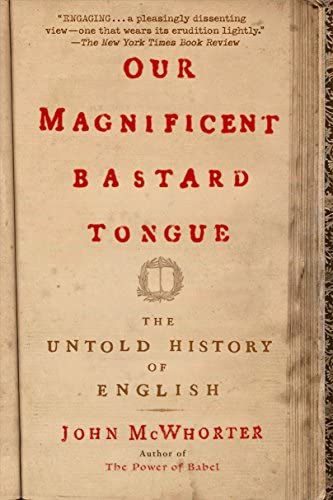Craiginthecorn
Well-Known Member
- Joined
- Jan 17, 2020
- Messages
- 278
- Reaction score
- 173
Webster's has decided that whatever is on common use is correct. Like they think it's okay to pronounce turmeric "too mur ik", conveniently ignoring the first R.Webster's says both are right.
https://www.merriam-webster.com/dictionary/wort
I've tried linking a YouTube video of Fred Astaire and Ginger Rogers singing Let's Call The Whole Thing Off, but for some reason the forum doesn't like the URL. Big black box is all it shows. Oh well.
Last edited:






































![Craft A Brew - Safale BE-256 Yeast - Fermentis - Belgian Ale Dry Yeast - For Belgian & Strong Ales - Ingredients for Home Brewing - Beer Making Supplies - [3 Pack]](https://m.media-amazon.com/images/I/51bcKEwQmWL._SL500_.jpg)





















